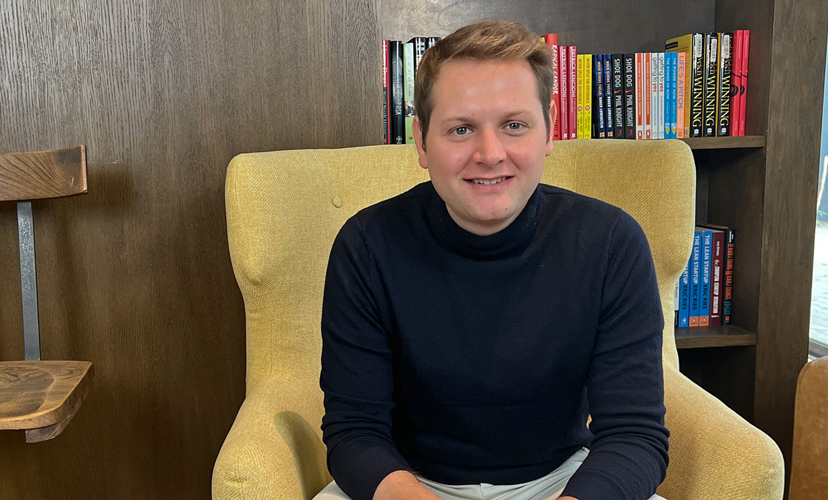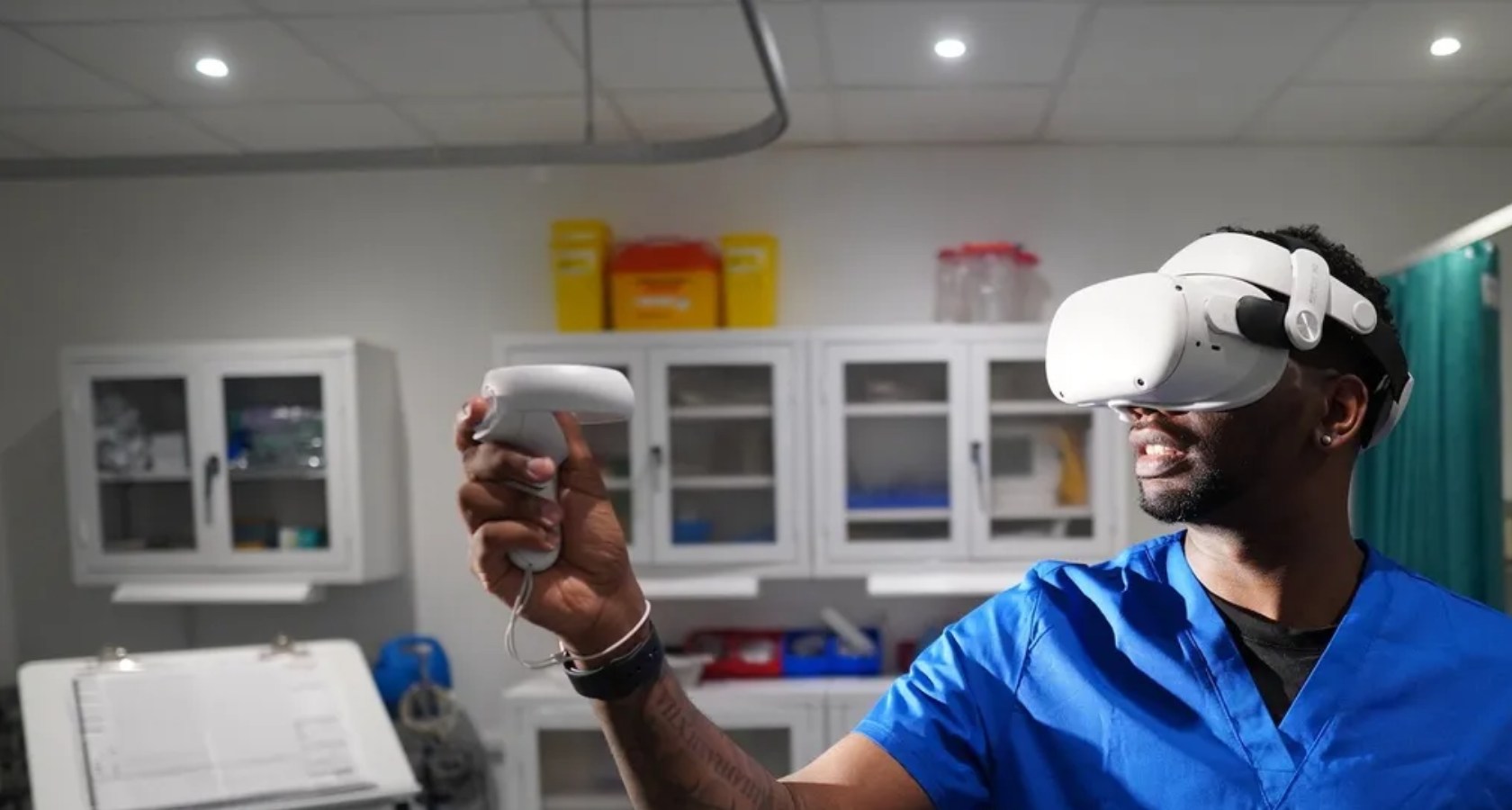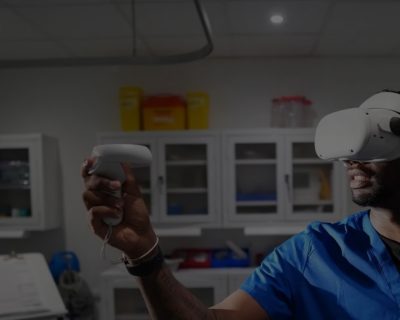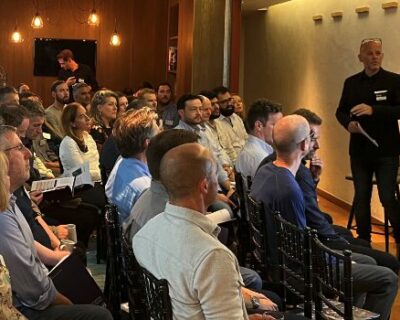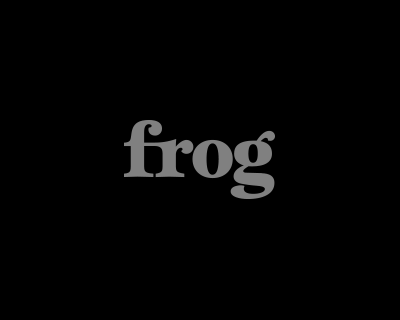Frog has led the latest funding round of Oxford Medical Simulation (OMS), a pioneer in virtual reality healthcare training, as part of $12.6 million USD Series A. The round includes follow-on capital from ACF Investors, existing shareholders and strategic partners, which will further OMS’s mission to revolutionize healthcare education, training, and assessment.
Purpose-driven software at scale
Frog invests in purpose-driven European Software Scale-Ups that make a positive difference in society. This investment is a perfect example with OMS leading to a 74% reduction in staffing and equipment costs vs traditional training methods, helping to address critical healthcare training gaps with virtual reality by relieving the burden on educational institutions and health systems when they need it most.
In addition to the investment, Frog has a team of in-house Operating Partners dedicated to supporting its portfolio companies with the challenges all businesses face as they scale-up, as part of its Scale-Up Methodology.
OMS has developed a category-defining training platform, 240+ simulations and a deep performance data and analytics system. Following the successful launch of OMS Create, their client-facing VR authoring platform, OMS is perfectly positioned to scale.
“Recruitment, training and retention of healthcare professionals at scale is key to address the workforce crisis within healthcare.” commented Konstantin Koenig, Principal at Frog Capital. “We have been impressed with the team at OMS and how they are addressing this issue using cutting-edge software. Their immersive healthcare training solution drives a step change in quality, productivity and cost efficiency for healthcare systems and patients worldwide. As a purpose-driven investor, we’re excited to support them with our scale-up experience on this journey.”
“This investment marks a milestone for OMS,” said Michael Wallace, co-founder and CEO of OMS. “It allows us to rapidly scale the team whilst staying true to our vision and values. Frog’s experience in helping scale impact-focused software companies, combined with the significant expertise of our healthcare advisory board, will facilitate this expansion at a critical time for OMS and the healthcare workforce. But these innovations are not just about technology; they’re about people – training healthcare professionals more effectively to improve patient care, and this funding isn’t just an investment in Oxford Medical Simulation; it’s an investment in every healthcare professional we train. Our journey so far has been incredible, and it’s only just beginning.”
How OMS make a real difference
OMS is dedicated to training the next generation of nurses, doctors, and allied healthcare professionals. With 91% of graduating nurses feeling unprepared for clinical practice, OMS stands at the forefront of addressing this critical gap, offering immersive training experiences that enable healthcare professionals to practice any place, any time, without risk. This ensures that the first time they encounter a medical emergency, have a difficult conversation or perform a procedure, they have already experienced it in OMS – streamlining workforce training, enhancing preparedness for practice and improving patient safety.
The Series A funding will enable this expansion, allowing OMS to scale its offering across learner groups, expand the use of AI across its solutions, and further support clients in building their own content. The investment will also supercharge R&D efforts, ensuring that OMS remains at the forefront of innovation in healthcare training.
Founded in 2017, OMS works with the world’s best institutions to support the healthcare workforce at every stage – from their first lesson in nursing school through clinical training and continuing professional development. Currently delivering over 35,000 simulations per month, OMS has proven to be as effective as the leading physical training methods, saving 74% on costs compared to traditional training.

